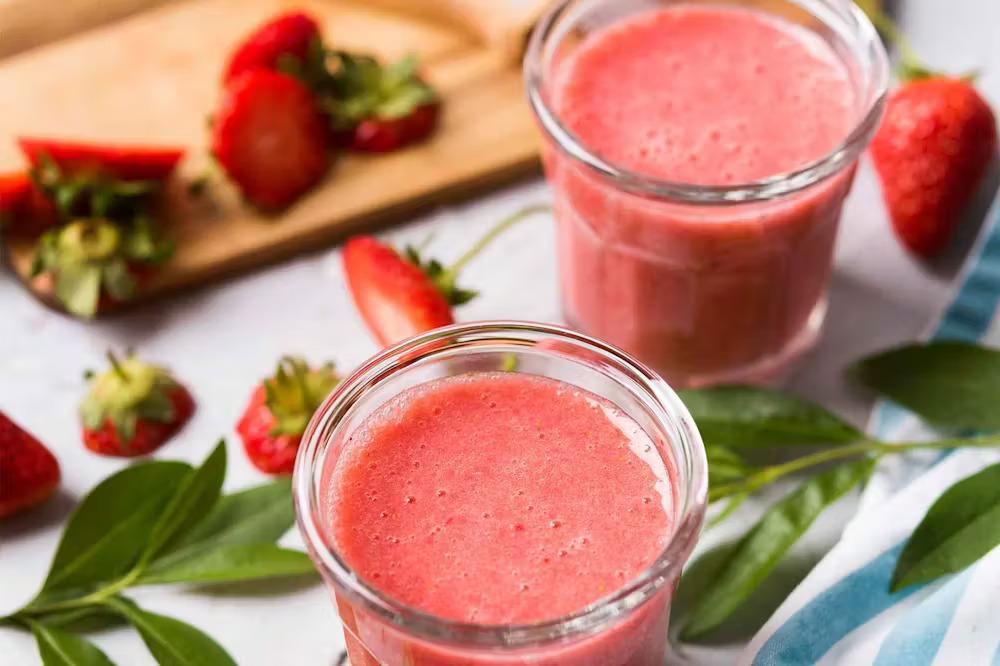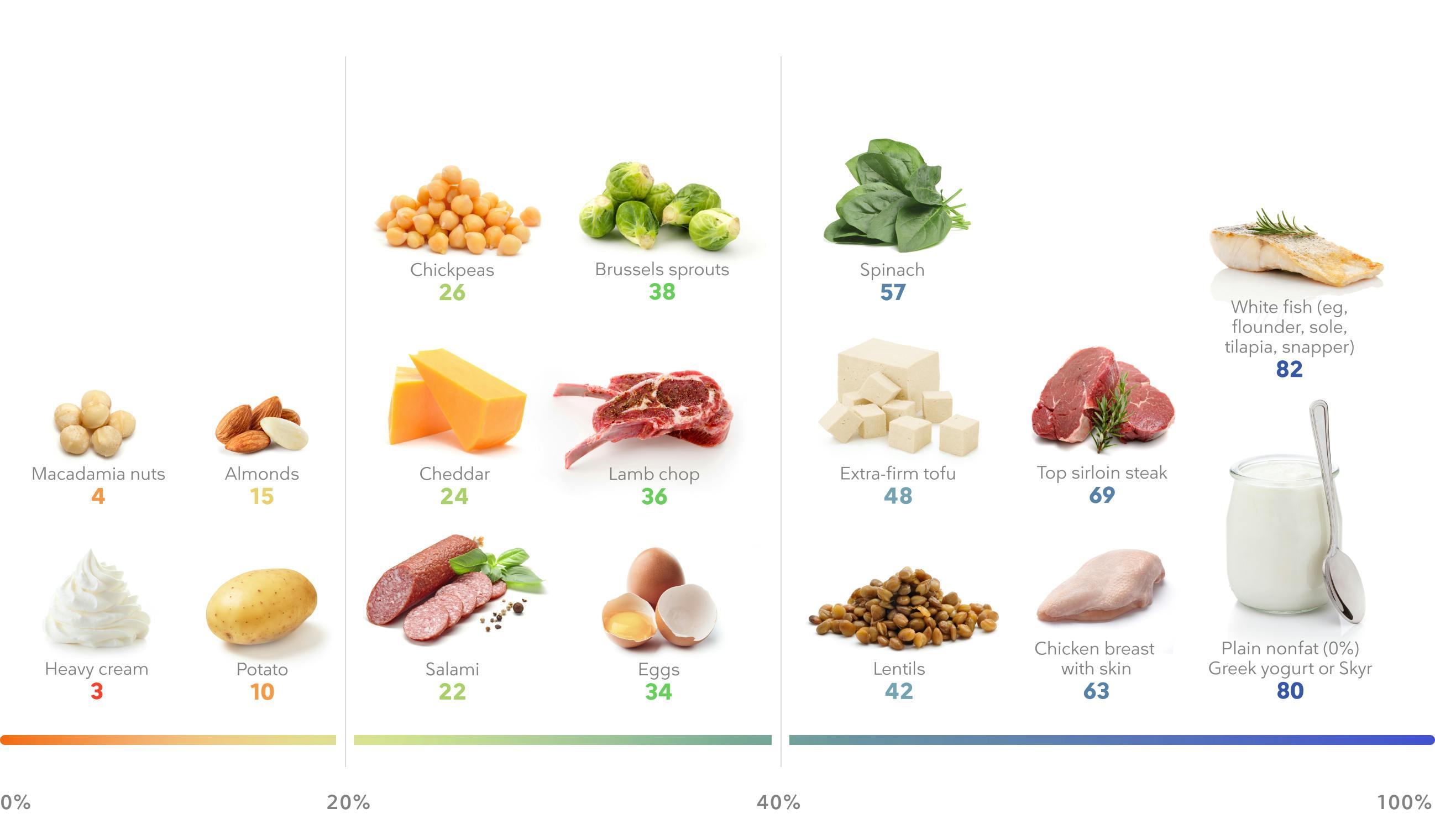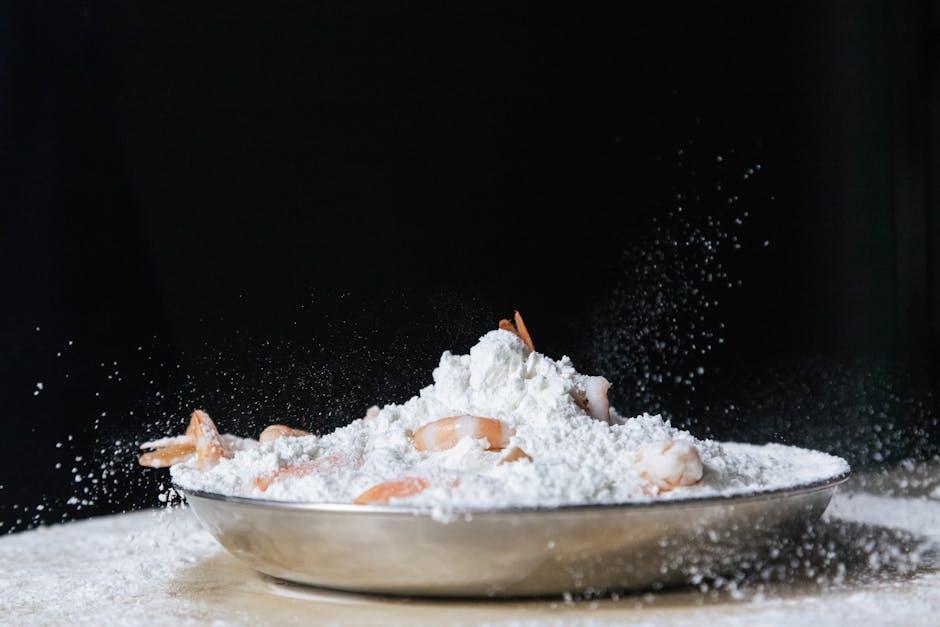In the quest for optimal health and fitness, understanding the pivotal role of nutrition is crucial. Among the essential nutrients, protein stands out as a fundamental building block for maintaining lean muscle mass. Whether you’re an athlete striving for peak performance, a fitness enthusiast aiming to sculpt your physique, or someone seeking to preserve muscle health as you age, protein is indispensable. This article delves into the significance of protein in supporting muscle maintenance, exploring how it aids in recovery, growth, and overall bodily function. By grasping the importance of protein, you can make informed dietary choices that align with your fitness goals and enhance your overall well-being. Let’s embark on this exploration of protein’s vital contribution to lean muscle maintenance with clarity and confidence.
Understanding Proteins Role in Muscle Preservation
Proteins are the building blocks of muscle tissue, playing a crucial role in maintaining and repairing muscles. When engaging in physical activities, especially resistance training, muscles undergo microscopic damage. Protein is essential for the repair and growth of these tissues, enabling the body to adapt and strengthen over time. Amino acids, the components of proteins, are directly involved in muscle synthesis. Consuming adequate protein ensures a steady supply of these amino acids, facilitating optimal muscle recovery and growth.
Incorporating protein-rich foods into your diet can significantly enhance muscle preservation. Some effective sources include:
- Lean meats like chicken and turkey
- Fish, particularly salmon and tuna
- Eggs, which offer a complete amino acid profile
- Plant-based options such as beans, lentils, and quinoa
- Dairy products like Greek yogurt and cottage cheese
By prioritizing these foods, individuals can support their muscle health, ensuring longevity and strength in their physical pursuits.

Optimizing Protein Intake for Maximum Muscle Retention
For those committed to preserving lean muscle, optimizing protein intake is a cornerstone strategy. The key lies in understanding not just how much protein to consume, but also when and what type. Prioritize high-quality protein sources, such as:
- Lean meats like chicken and turkey
- Fish, particularly those rich in omega-3 fatty acids
- Eggs, a versatile and complete protein source
- Plant-based options such as beans, lentils, and quinoa
Incorporating a balanced distribution of protein throughout the day is essential. Aim to include a source of protein in every meal and snack to support continuous muscle repair and growth. Research suggests that consuming 20-30 grams of protein per meal is optimal for muscle retention. Remember, consistency in protein consumption is as crucial as the quality, ensuring that your body has a steady supply of the building blocks it needs to maintain muscle mass.

Incorporating High-Quality Protein Sources into Your Diet
To effectively maintain lean muscle, it’s crucial to incorporate a variety of high-quality protein sources into your daily meals. These proteins not only help in muscle repair and growth but also play a significant role in overall health. Here are some excellent protein sources you can consider adding to your diet:
- Lean Meats: Chicken breast, turkey, and lean cuts of beef are packed with essential amino acids that aid in muscle development.
- Fish: Options like salmon, tuna, and mackerel are not only high in protein but also rich in omega-3 fatty acids, which support muscle recovery.
- Dairy Products: Greek yogurt, cottage cheese, and milk provide a good mix of whey and casein protein, ideal for both immediate and sustained muscle nourishment.
- Legumes and Beans: Lentils, chickpeas, and black beans are excellent plant-based protein sources, perfect for vegetarians and vegans.
- Nuts and Seeds: Almonds, walnuts, chia seeds, and flaxseeds offer protein along with healthy fats, making them a great snack option.
- Eggs: A complete protein source, eggs are versatile and easy to include in various meals throughout the day.
Integrating these protein-rich foods into your diet will not only support your fitness goals but also enhance your overall nutritional profile. Aim for a balanced intake to ensure your body gets the nutrients it needs for optimal performance and health.
Timing and Distribution of Protein for Enhanced Muscle Maintenance
For optimal muscle maintenance, the timing and distribution of protein intake throughout the day are crucial. Consuming protein in evenly distributed amounts can lead to enhanced muscle protein synthesis, which is vital for preserving lean muscle mass. Research suggests that consuming around 20-30 grams of high-quality protein every few hours is more effective than ingesting large quantities in one or two sittings. This approach helps in providing a constant supply of amino acids to the muscles, facilitating better repair and growth.
- Start your day right: Include protein-rich foods in your breakfast to kickstart muscle protein synthesis.
- Post-workout nutrition: A protein shake or meal shortly after exercising aids in recovery and muscle building.
- Evening intake: A protein-rich dinner or a casein supplement before bed can prevent overnight muscle breakdown.
By strategically distributing your protein intake, you not only support muscle maintenance but also enhance your body’s overall efficiency in utilizing nutrients. This method not only aligns with the body’s natural rhythms but also ensures that your muscles receive a steady stream of nutrients to thrive.




